QinetiQ has won a £67m contract with the Ministry of Defence to develop multi-constellation satellite receivers under the UK Robust Global Navigation System (R-GNS) programme.
The firm say that the programme will deliver critical capability to provide UK Defence with accurate and resilient positioning, navigation and timing which will underpin the UK’s ability to undertake 24/7 military operations around the world in the most demanding and increasingly contested operating environments.
“The use of multi-constellation, multi-service satellite navigation signals, multiple sensors and QinetiQ’s advanced processing technologies will enable secured navigation ensuring that users and platforms (increasingly including autonomous land, maritime, air and weapons systems) will be able to navigate accurately, robustly and safely.”
Defence Minister Anne-Marie Trevelyan said:
“Whether it’s soldiers conducting operations in remote environments or fighter jet pilots flying in contested airspace, our armed forces depend on satellite navigation technology. These state-of-the-art receivers will help to ensure our armed forces can defend UK interests wherever and whenever they are threatened.”
Steve Wadey, CEO, QinetiQ said:
“Ensuring that UK Forces have the best and most resilient secured navigation capabilities is essential to ensuring that they are able to operate effectively in increasingly challenging operational environments. We are extremely pleased to be working with MOD, DE&S and DSTL to deliver this critical capability. This programme will exploit QinetiQ’s advanced technologies and, working collaboratively with our partners across the supply base, deliver substantial operational advantage for UK Defence.”
The delivery date for the first R-GNS products is February 2022.


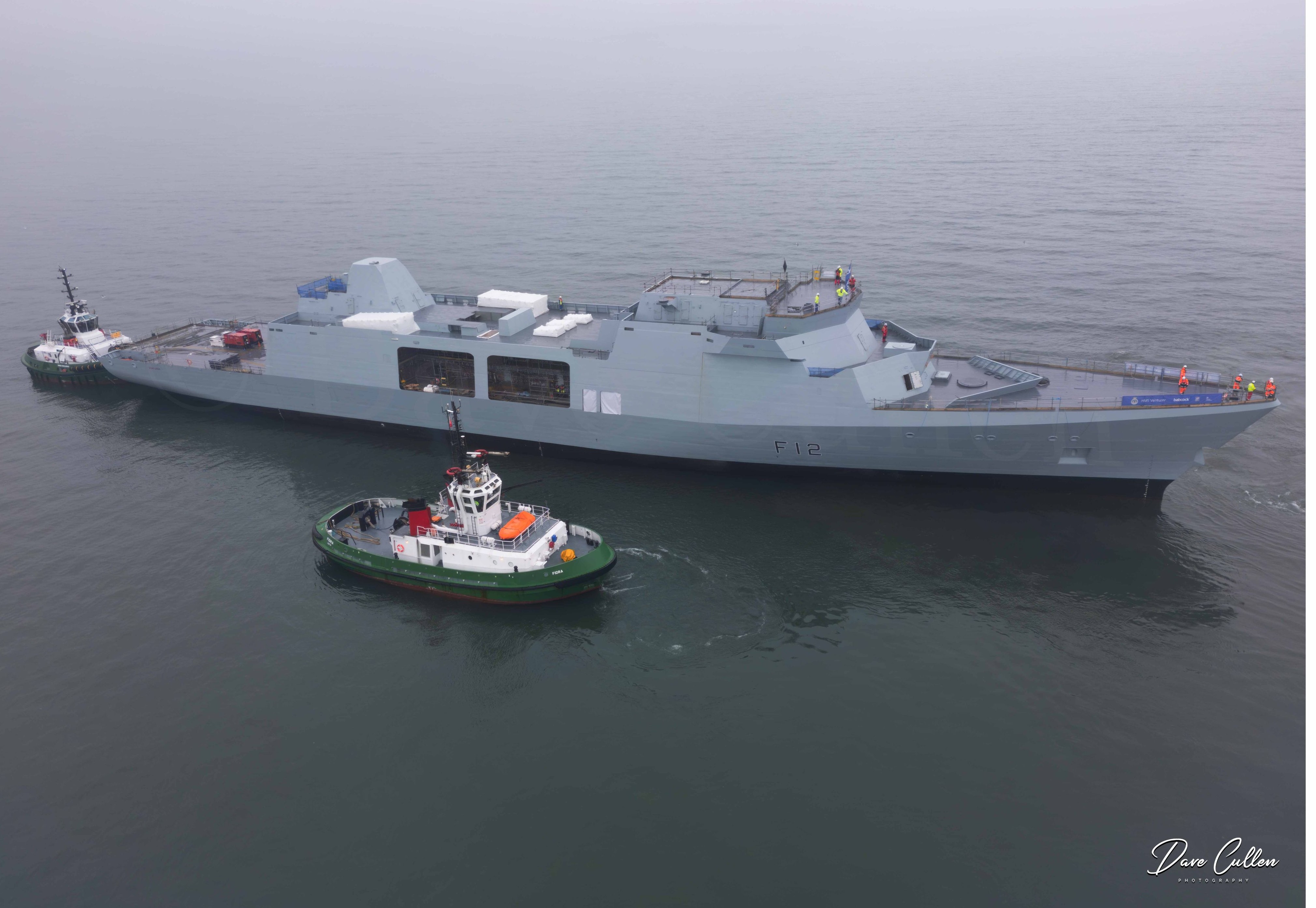
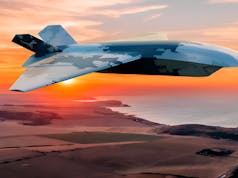

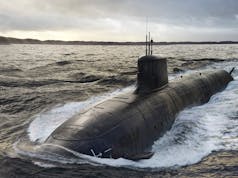
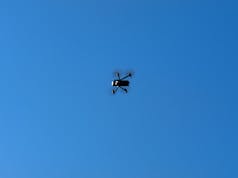
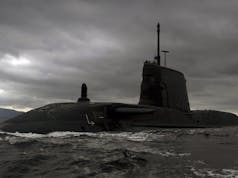
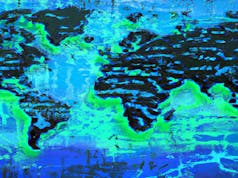

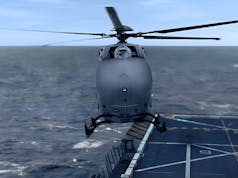

Is this to do with doing a sovereign UK replacement for Galileo after talk of the UK being kicked off that project?
Brexit is still totally up in the air, no deal signed, and in at least one possible future there is an extension to the 31-Oct date and a 2nd referendum votes remain so we end staying in the EU, not becoming a third-party country, hence stay in Galileo. Alternatively, withdrawal agreements are still allegedly being negotiated so, even if/when we leave, the EU might back off from kicking us out of Galileo and agree terms for us to stay a member of that project. Because of all that if seems a bit premature for this to be to do with the Galileo fallout.
On the other hand, if it is global positioning then don’t the US military and public systems work from the same satellites but the public system deliberately downgrades the accuracy vs what is presented when in military mode? In that case, if the UK does end up implementing its own alternative to Galileo and that is to offer both public and military modes is this Qinetic system being designed to also present a public service but that’s not being talked about yet?
I’m confused!
This article was also posted on UKDJ.
“Defence Secretary Ben Wallace has announced the first step towards upgrading the UK’s military satellite communications system, SKYNET.”
https://ukdefencejournal.org.uk/skynet-6-british-military-satellite-project-receives-boost/
Its a receiver. It isn’t a constellation of satellites.
It could use any GPS signal or a combination of signals from various transmitters be they commercial or nation state systems. This helps to avoid spoofing.
Standard GPS is usually accurate to a few meters. Differential GPS which uses sats and land based transmitters is accurate to a few centimetres. Most Diff GPS signals are run by commercial entities. You pay a fee to be able to use them and I suspect this receiver will be an update to the current system that is already in use.
In time of conflict the GPS signal can be encrypted. If you dont have the crypto you cannot get the accurate GPS feed.
Its not just Nav systems that need GPS but encrypted radios as well. The timing signal is used to ensure that the frequency hop and crypo remains in sync at all times. No GPS and you cannot talk to anyone.
Ah. Thanks Nigel & Gunbuster. Got it now.
Reading more carefully I see the quote “The USE of multi-constellation, multi-service satellite navigation signals” which as you say indicates that this project is using (as in receiving) signals from satellites rather than generating them.
Presumably if the UK does ever need to go down a build-our-own-Galileo path then any constellation of satellites that the UK puts up for that could be one of the constellations used.